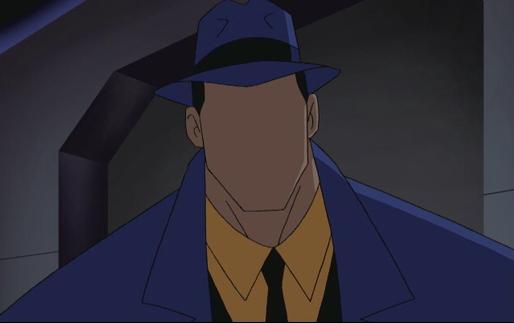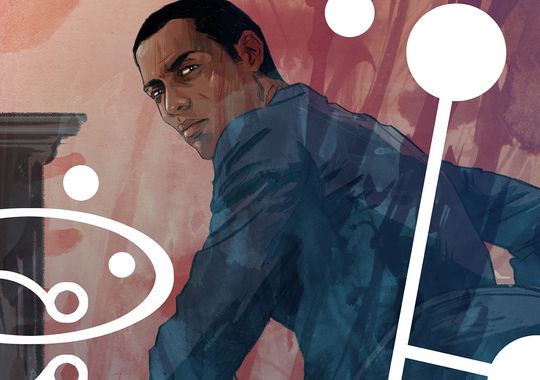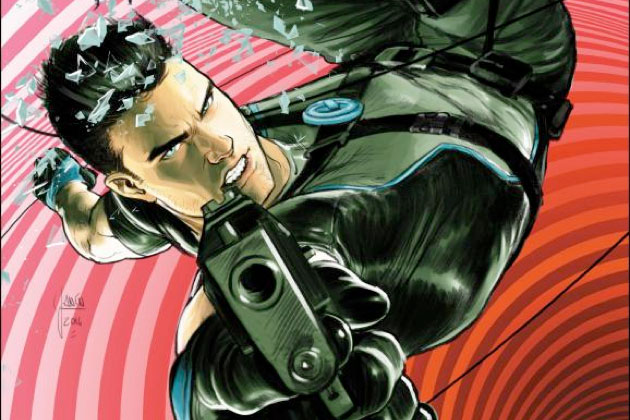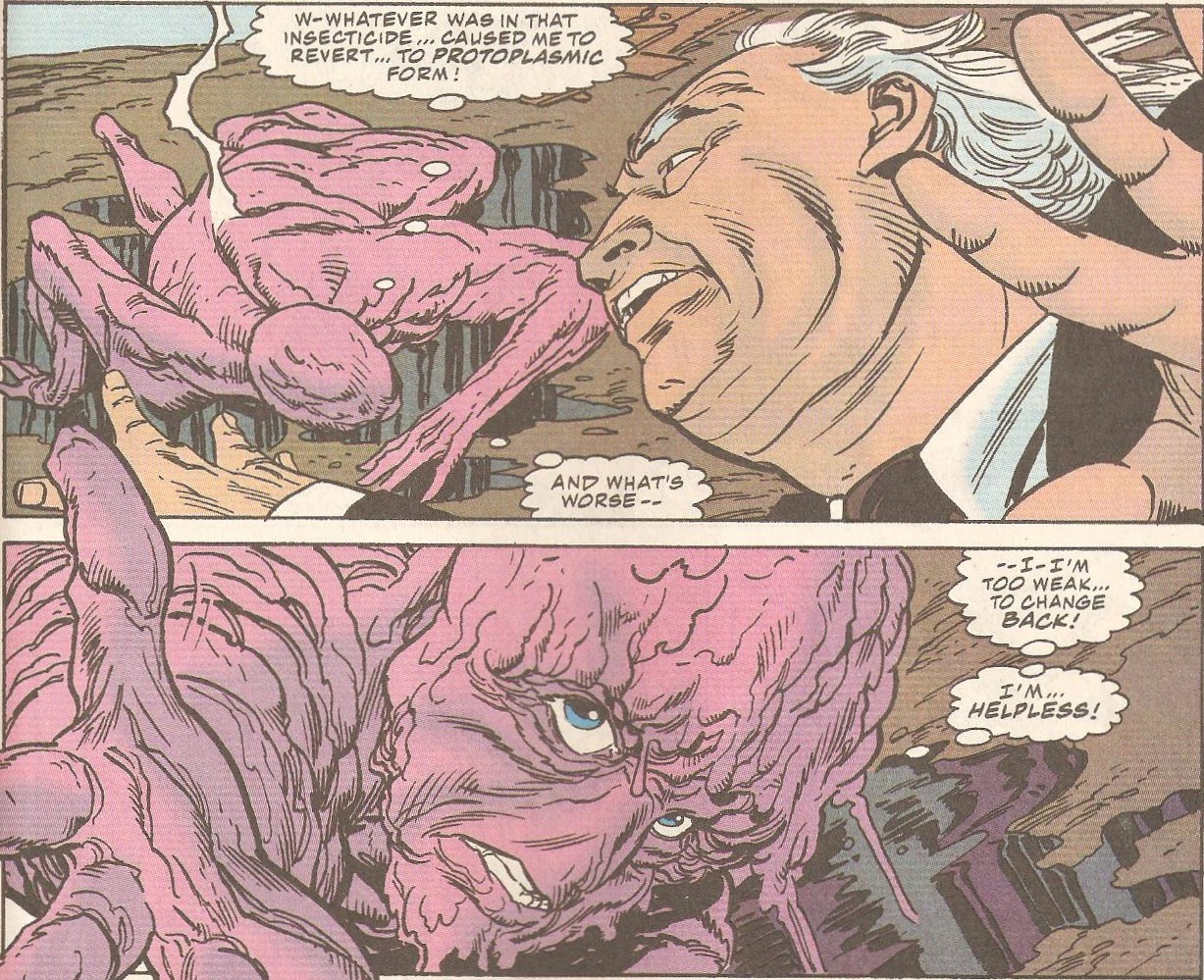On Character Changes
With the release of the very divisive
Trinity of Sin and yet another issue of the incredibly mind bending
Supreme: Blue Rose, a question pops to mind. When is change too much? To clarify, when do the changes made to a character start to outweigh the skill with which those characters are written, and vice versa.

It's not an outright falsehood to say that fans can be resistant to change. It happens with many, or close to all, fanbases in every hobby. Even board games. Yet, change can be completely accepted, enough at least, that the changes themselves are inconsequential. A character can become something that is only in name, but what causes others to gain such derision.
The obvious answer is the writing. A good writer may be able to change the reaction from fans for something that may seem incredibly left field. To take another version of The Question, we'll leave the
Trinity of Sin incarnation for later. For example the
Justice League Unlimited version: He was vastly different from any other variant of The Question, yet the fan attraction to him was palpable.

In fact, there are still those who say that the conspiracy theorist version of this character should become the main one. In contrast, another completely different version of The Question, introduced in the "New 52", was a part of the biggest lambasting of the early days of the reboot. This is something I place squarely on him not doing anything.
Unlike the Phantom Stranger, who was also massively changed and hated on, he had no recourse. The Stranger has his own series which worked hard to change people's minds. The Question hardly ever appeared, so it let people just stew instead of seeing where it went. In fact, there are already some who have taken a shine just due to
Trinity of Sin #1. The moral here being that if you change the character's whole MO then at least do something.

They could also absolutely everything and keep nothing at all, similarly to
Supreme: Blue Rose which plays what in some eyes is a hatchet job to the Supreme universe. The prime example being Professor Night, who goes from Batman clone to some neon mix of Morrison/Sherlock Holmes. In the comic itself he is not a real character, but a fictional one created for a show. It’s closest Big Two counterpart would be post-
Crisis Supergirl, who was actually a shapeshifter.
Yet, unlike Supergirl who had maybe a few good stories to her name before being relegated to the annals of comic book pop trivia, cases like Professor Night are at the very least interesting. It plays around with the whole notion of reboots and what can change depending on the writer. Exactly what is being discussed here.

If
Supreme were actually a real, full-blooded, comic universe then I have no doubt that the backlash to this Professor Night would be palpable. There would hardly be a fault to it though, given the departure, but it works as an anecdote nonetheless. Aside from the writing, and the amount of exposure, what must follow next has to be the planned longevity and whether the new guy can withstand it.
It is much more comfortable to imagine that a new, radical, incarnation of your particular favorite character is simply temporary. This may even get one to lighten up on the new version for a bit, and maybe get them to see any good qualities that are there. Part of this worry is that since the original/preferred version stood for so long that shaking it up may weaken the character.

Breaking the mold, in whatever way, could create a domino effect that would lead the character to being shelved. This has been the main worry of many a Tim Drake or Dick Grayson fan for ages without end. Yet, there’s always the chance the opposite could occur, and that the new version could become another hit. It’s a risk and risk, or change, is always frightening. I advise to at least see how it plays out first.